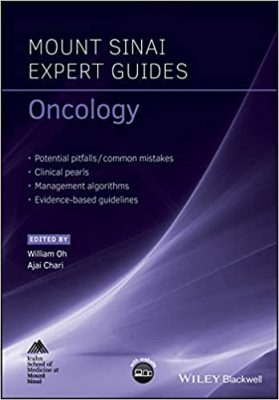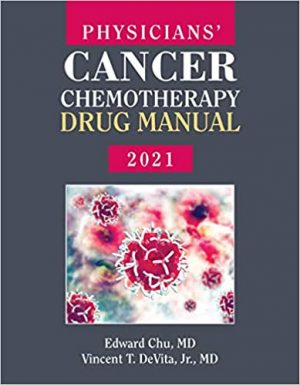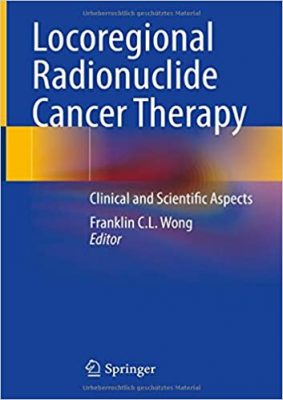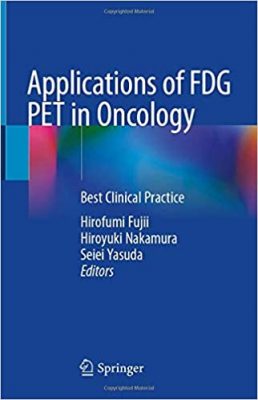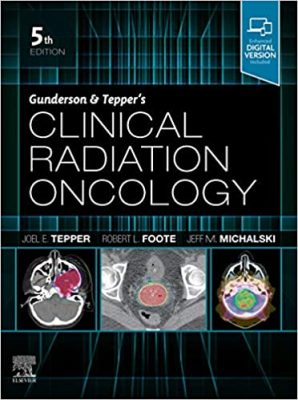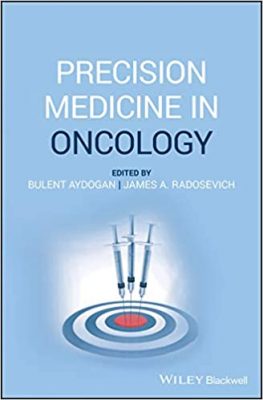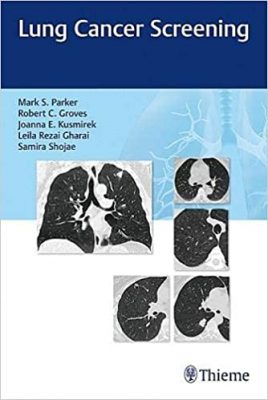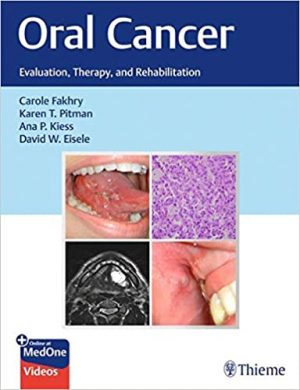
Oral Cancer: Evaluation, Therapy, and Rehabilitation
Oral Cancer: Evaluation, Therapy, and Rehabilitation edited by prominent Johns Hopkins clinicians and educators Carole Fakhry, Karen Pitman, Ana Kiess, and David Eisele provides a comprehensive, state-of-the-art review on the diagnosis and management of oral cancer. This unique resource fills a void in the literature by exploring surgical and reconstructive issues specific to each subsite of the oral cavity. Important pre- and post-treatment evaluations by dental, speech language pathology, and the oncologic care team are reviewed.
FOR MORE MEDICAL BOOKS AND TUTORIALS VISIT EDOWNLOADS.ME
The comprehensive book is divided into 10 sections, each focused on different facets of the patients’ trajectory. The text starts with epidemiology of oral cavity cancer and discussion of patient populations at increased risk of oral cavity cancer. The book details pre-cancers, multidisciplinary diagnostic evaluations, treatment, post-treatment, recurrent and metastatic oral cancer, and palliative care, concluding with future directions such as chemoprevention. A full spectrum of oral neoplasms are covered in depth, including different types of squamous cell cancer, primary malignancies of the mandible, and sublingual and minor salivary gland malignancies.
Key Features
- All oral cavity subsites are approached from both an ablative and reconstructive standpoint, with dedicated chapters focused on specific oral cancer reconstructive techniques
- Discussion of oncologic considerations encompassing radiation and medical oncology including definitive radiation therapy, brachytherapy, adjuvant radiation therapy, and adjuvant chemotherapy/novel therapeutics
- Clinical pearls cover complications of both surgery and radiation therapy, as well as psychological and dental implications of therapy
- High-quality illustrations, photographs, and videos further elucidate impacted anatomy and techniques
Residents and clinicians in otolaryngology-head and neck surgery, oral and maxillofacial surgery, head and neck reconstructive surgery, medical oncology, and radiation oncology will benefit from reading this excellent resource. Dentists who wish to further their knowledge about oral cancers will also find it an invaluable reference.
